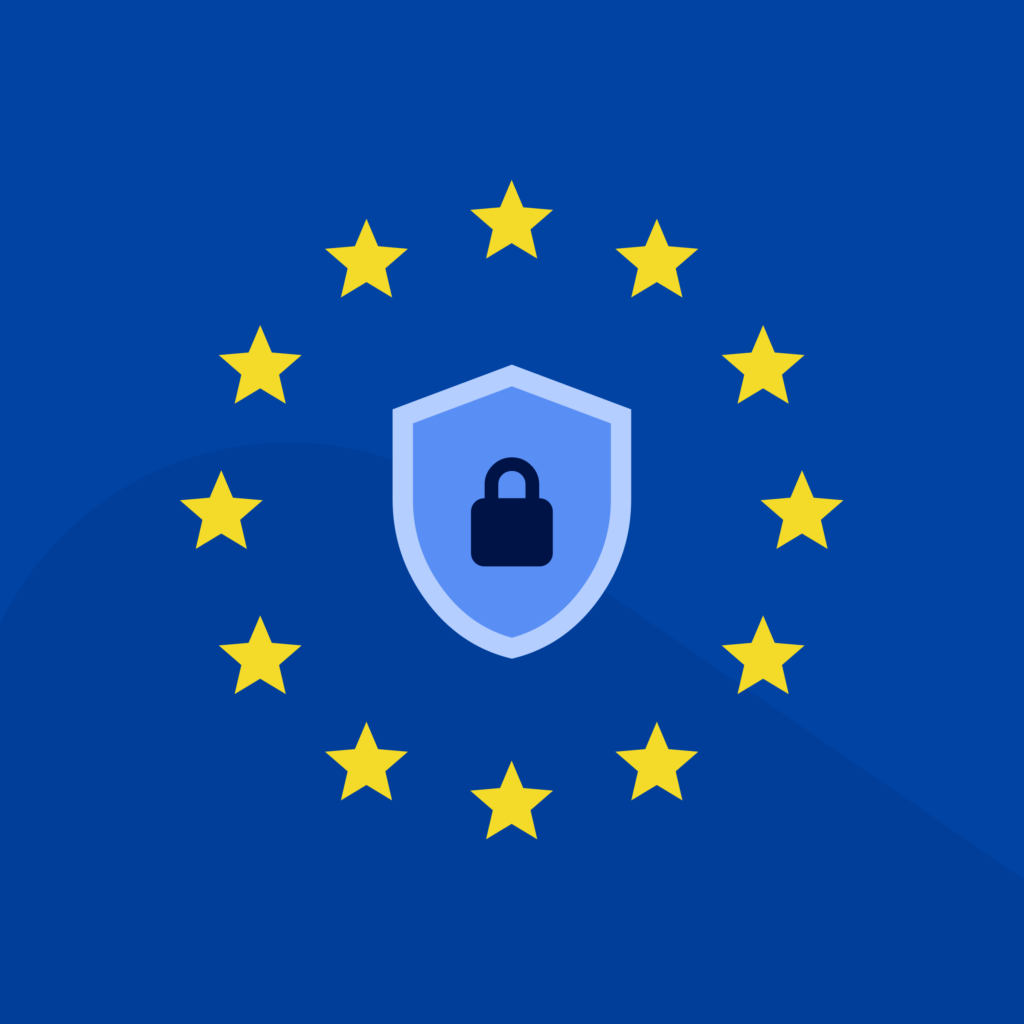An Overview of the EU’s NIS 2 Directive to Strengthen Cybersecurity
What Is the NIS-2 Directive?
With increasing digitalization and ever-growing cyberattacks, the European Union has recognized the need to strengthen its cybersecurity strategy. The NIS 2 Directive (Network and Information Systems Directive) is a decisive further development of the original NIS Directive from 2016 and aims to improve cybersecurity throughout the EU. It requires companies and organizations considered critical infrastructure operators to implement more comprehensive security measures to increase their cyberattack resilience.
NIS2 extends the scope of the regulations to a larger number of sectors and tightens the requirements for information security, including the introduction of secure communication systems.






